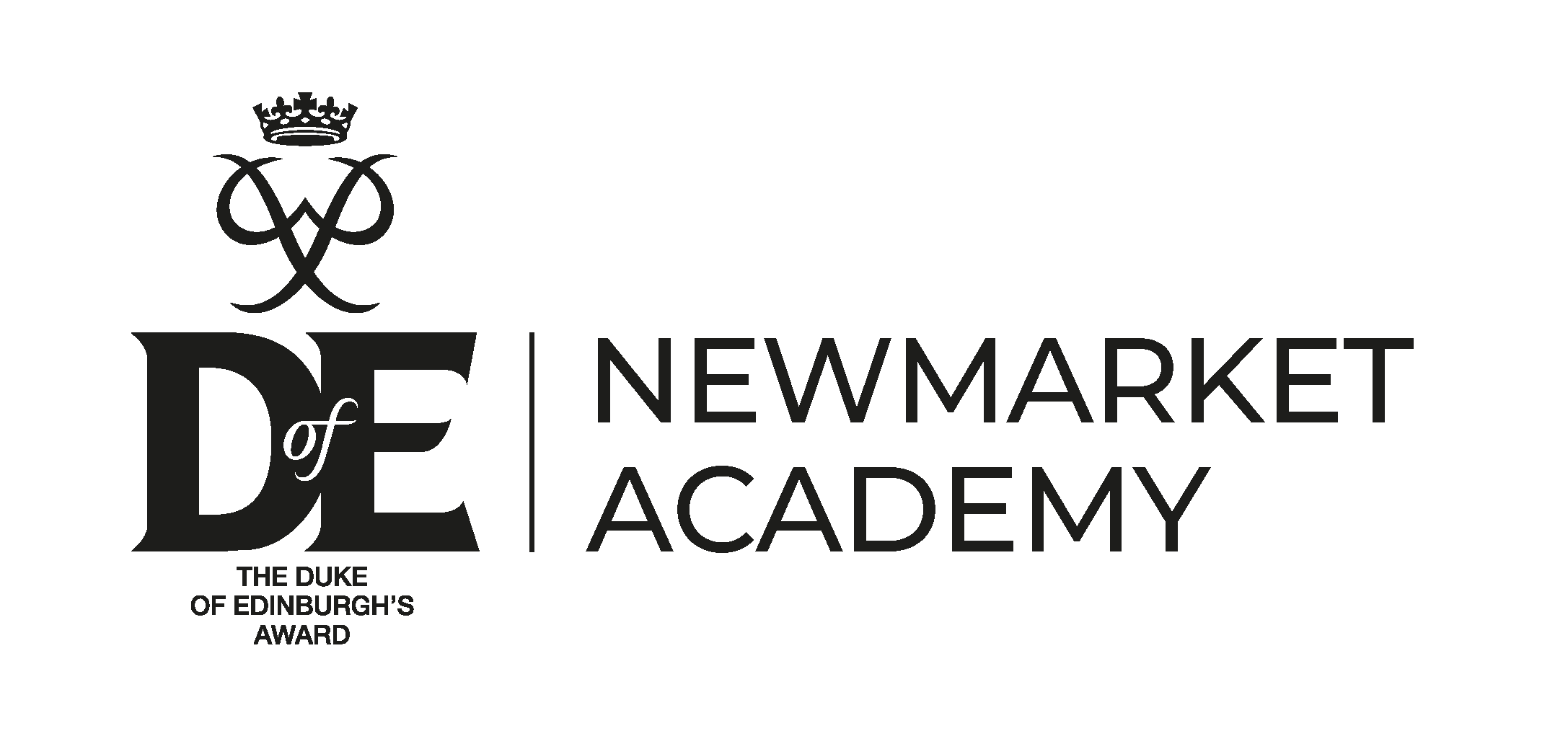RE
Our Team

Humanities
Dawn Gordon – Head of Geography
Lucy Matten – Head of RE
Samuel Barker – Teacher of History, Head of Year 11
Sophie Gynn – Assistant Headteacher, Teacher of Geography
Robert Wilkinson – Teacher of Humanities
About Our Curriculum
Please view our curriculum plan, which is available in the attachments section on this page. Our curriculum plan gives details of the course content throughout the academic year, the associated examination board and online resources.
RE (Religion, Philosophy and Ethics) at Newmarket Academy equips students with the required knowledge and understanding to live as well-rounded citizens in a changing and diverse British society. We recognise that ‘The UK has a rich heritage of culture and diversity’. This is continuing today in an era of globalisation and an increasingly interdependent world. Religion and belief for many people forms a crucial part of their culture and identity’ (DFCSF, 2010, p.5). Therefore, the schemes of learning for RE are deliberately broad, yet, within each topic of study, students use a range of subject-specific and cross-curricular skills, when understanding, evaluating and creating responses to religious, philosophical and ethical issues. RE at Newmarket Academy has a programme of study that ‘provoke[s] challenging questions’ (DFCSF, 2010, p.8), ‘encourage[s] pupils to explore their own beliefs’, ‘enable[s] pupils to build their sense of identity and belonging’, ‘teach[es] students to develop respect for others’ and ‘prompt pupils to consider their responsibilities.
As per the Religious Education Council, ‘under the terms of their Funding Agreement with the Secretary of State, all Academies must provide RE for all their pupils, except for those whose parents exercise the right of withdrawal’. Therefore, Religion, Philosophy and Ethics at Newmarket Academy is planned with guidance from the Locally Agreed Syllabus for RE but has tailored the curriculum to the diverse group of students at the Academy.
The topics studied over the course of KS3 fall into three main categories these are Theology: Religious beliefs (substantive knowledge), Philosophy: Teachings (ways of knowing) Human/Social science: Practices (ways of living) . Therefore, students are asking the questions: ‘What do people believe?’ ‘Why do they believe it?’ and ‘How do these beliefs affect their behaviour?’. The enquiry questions allow students to explore all of the above aspects over the course of a unit, helping them to make links with their own ‘personal knowledge’ and develop their own ‘World view’. They will also begin to realise that their ‘lens’ gives them a very particular worldview and that understanding the ‘lenses’ of other people (both religious and non-religious) is invaluable as they grow up in a pluralistic world.
In Key Stage 3, students will learn about the religions of Christianity, Buddhism, Sikhism, Islam, Hinduism and Judaism, and consider these in response to ethical and philosophical themes. As well as these religions, students will consider Humanist perspectives This reflects the Education Act (1988) requirements, stating that Christianity should be studied at each key stage to ‘reflect the fact that the religious traditions in Great Britain are in the main Christian’.
With both Key Stage 3 and Key Stage 4 Religion, Philosophy and Ethics, programmes of study and schemes of learning ensure that students move from the important, broad (surface learning) learning, to the crucial, rich (deep learning). This is important because it ensures that students’ progress over time is evident through their development of knowledge as well as their development of higher-level skills.
Religion, Philosophy and Ethics at Newmarket Academy is planned as a contemporary course of study. It aims to provide high-quality teaching through well-researched, well-planned, and well-resourced lessons, which are part of a secure and pedagogically sound scheme of learning. This, in turn, echoes DFCSF (2010) guidance that ‘RE has an important part to play as part of a broad, balanced and coherent curriculum to which all pupils are entitled’ (p.8).

